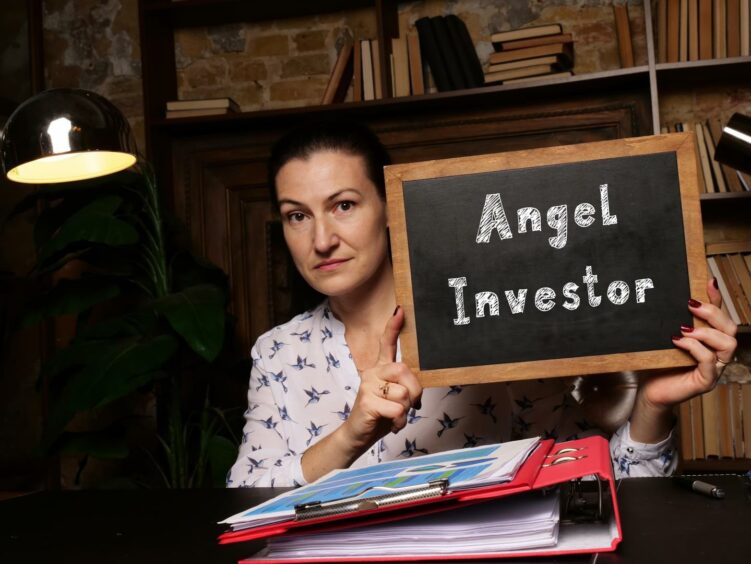Business angel syndicates in Scotland finished 2021 on a high, having led investments worth more than double the amount raised by such deals in 2020.
Last year’s total transaction figure smashed the previous record set in 2019 by 70%.
Deals led by angel syndicate members of national association LINC Scotland during 2021 secured funding worth £146 million for young firms with high growth potential.
Before the pandemic struck, 2019 had been a high point in the angel investment market in Scotland, with an all-time high number of deals and a record £86m of funding raised.
LINC Scotland said the market slowed in 2020 as investors made a priority of supporting investee companies, but had since rebounded.
Several syndicates reported 2021 was their busiest year to date.
Archangels made 11 investments, totalling £23.7m, an increase of 44% over 2020.
Par Equity more than doubled its investment, deploying £25m, up from £12m in the previous year, with six new investments and follow-on finance for 21 companies.
This took the firm past the £100m benchmark of capital invested since it started in 2008.
Equity Gap has reached a £25m investment milestone after its most successful year to date, leveraging additional funding of more than £100m for investee companies since its launch.
500-plus new jobs
According to LINC Scotland, these investments have helped create more than 500 high quality jobs around Scotland, worth about £20m each year to the national economy.
LINC Scotland’s membership includes 21 syndicates, which together invested 50% more in 2021 than in 2019, with contributions averaging £470000, 80% higher than in 2019.
David Grahame, executive director for the association said syndicates were “very successful” in bringing external co-investors into their deals, adding more value.
These included corporate and institutional investors, venture capital firms and other angel groups, he added.
Co-investors contributed 54% of the total amounts raised in 2021, with an average investment of £1.7m, almost double the 2019 level.
Support from public sector investors, chiefly Scottish Enterprise, stayed constant throughout this period, at around 20% of the total, Mr Grahame said.
Mark Sterritt, UK network Director, Scotland, at the British Business Bank (BBB), said there was now “a huge amount of momentum” in Scotland’s angel investment market.
He added: “That the volume of (total) investment almost doubled on 2020 and is up around 70% on 2019’s record reflects the strength and depth of the sector.
“Angel investment has historically been concentrated in London and the south-east of England, but the sector is growing in importance in Scotland and has been very beneficial in supporting some of the country’s key sectors.”
Encouraging business angel activity
Mr Sterritt continued: “To help reduce imbalances in access to early-stage finance for smaller businesses, British Business Investments, a commercial subsidiary of the British Business Bank, established our £100m Regional Angels Programme (RAP) in 2018.
“In the October 2021 Spending Review, an additional £150m of funding for the Regional Angels Programme over three years was also announced.”
New business angel group aims to close gender gap for Scottish start-ups
BBB is a state-owned economic development bank established by the UK Government.
Its aim is to increase the supply of credit to small and medium-sized enterprises, as well as providing business advice services.
RAP was launched to “raise the profile and professionalism” of angel investment activity and to attract third-party capital, while generating a market rate of return.


